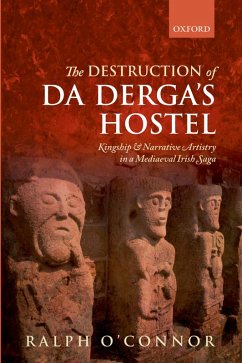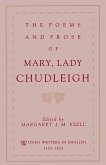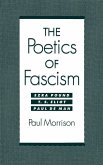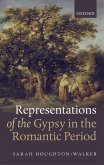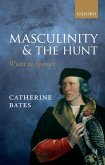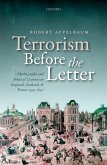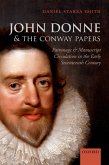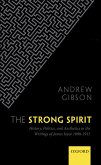Irish saga literature represents the largest collection of vernacular narrative in existence from the early Middle Ages, using the tools of Christian literacy to retell myths and legends about the pagan past. This unique corpus remains marginal to standard histories of Western literature: its tales are widely read, but their literary artistry remains a puzzle to many even within Celtic studies. This book, the first to offer a systematic literary analysis of any single native Irish tale, aims to show how one particularly celebrated saga 'works' as a story: the Middle Irish tale Togail Bruidne Da Derga (The Destruction of Da Derga's Hostel), which James Carney called 'the finest saga of the early period'. This epic tale tells how the legendary king Conaire was raised by a shadowy Otherworld to the kingship of Tara and, after a fatal error of judgement, was hounded by spectres to an untimely death at Da Derga's Hostel at the hands of his own foster-brothers. By turns lyrical and laconic, and rich in native mythological imagery, the story is told with a dramatic intensity worthy of Greek tragedy, and the intricate symmetry of its narrative procedure recalls the visual patterning of illuminated manuscripts such as The Book of Kells. This book invites the reader to enjoy and understand this literary masterpiece, explaining its narrative artistry within its native, classical and biblical literary contexts. Against a historical backdrop of shifting ideologies of Christian kingship, it interprets the saga's possible significance for contemporary audiences as a questioning exploration of the challenges and paradoxes of kingship.
Dieser Download kann aus rechtlichen Gründen nur mit Rechnungsadresse in A, B, BG, CY, CZ, D, DK, EW, E, FIN, F, GR, HR, H, IRL, I, LT, L, LR, M, NL, PL, P, R, S, SLO, SK ausgeliefert werden.

